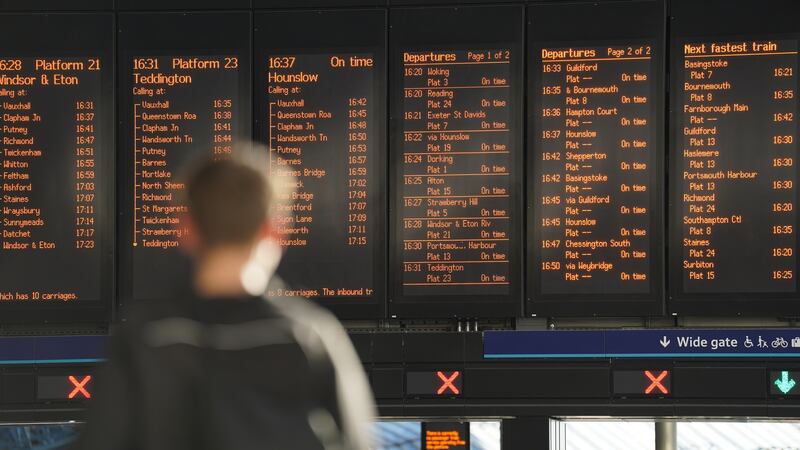THE British Council is leading a classroom revolution in Northern Ireland to make the economy more competitive. Every school across the north is being given the opportunity to forge links with schools in China, teach their students Mandarin and study Chinese culture.
There are even funds available to help schools have a Chinese language assistant working with them in the classroom.
A pilot has also just been launched for a similar programme which teaches young people Arabic.
The British Council is now working with almost a quarter of all schools in Northern Ireland to enhance their teaching and bring the international dimension into the classroom.
Pupils from 20 schools yesterday visited Parliament Buildings as guests of the assembly's education committee.
There, they showcased the British Council programmes they have been involved with and shared some of the key benefits and learning points with assembly members.
The initiative has been partly prompted by a disturbing survey of 500 senior business leaders across the UK published in 2011 called the Global Skills Gap.
It showed that businesses believed that the UK was going to get left behind by new emerging economies unless we start changing the way we teach young people.
They concluded that young people needed to learn much more about other countries, not just the languages, but their culture as well.
Another survey - Languages for the Future - published by the British Council in November 2013 showed that both Chinese and Arabic are in the top five most important languages to people in the UK to learn.
Recently David Cameron said he would like to see Mandarin Chinese taught in 40 per cent of schools.
David Alderdice, director of the British Council in Northern Ireland, said he was delighted to see just how many schools had taken the opportunity to get involved in international programmes.
"Already almost 25 per cent of schools across Northern Ireland are taking part. As in so many areas we punch above our weight here and the enthusiasm of the pupils is there for all to see," he said.
"But we'd like to see more joining in, we have such a range of programmes and the funding is in place to help more schools participate."
A new opportunity for schools has arisen from the British Council's collaboration with hanban, the Chinese language organisation.
Through it schools can be provided with assistants from China who can help teach pupils about Chinese language and culture.
The cost to the schools is minimum with hanban covering most of the assistant's wage and schools making a small contribution that can be shared across a cluster of schools wishing to take part.
"By promoting Mandarin and improving the understanding of modern China in the UK we are making a major contribution to young people's ability to work in and connect with China and will ensure the next generation of Northern Ireland's business, education and creative leaders have the language, skills and experience to work effectively with this increasingly important economic powerhouse," Mr Alderdice said.
* Further details of all British Council programmes can be found at www.britishcouncil.org/nireland

